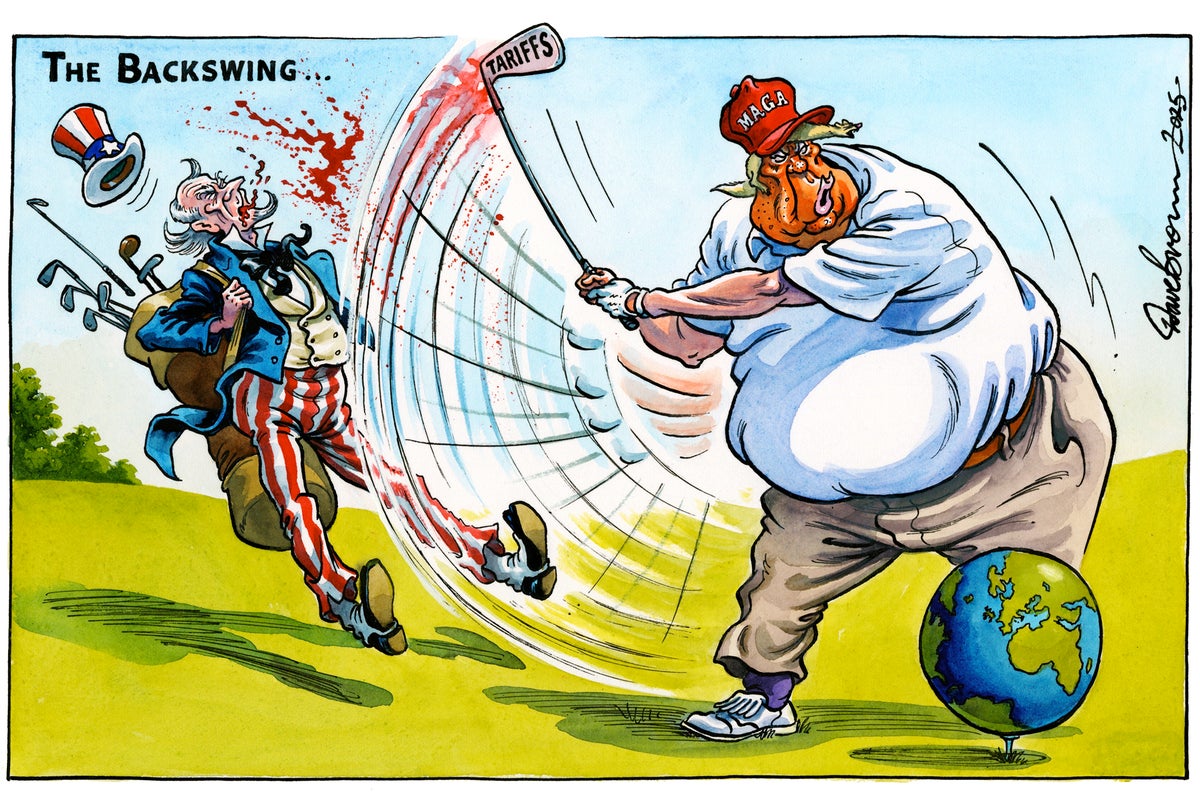Artificial intelligence is already replacing thousands of jobs each month as the U.S. job market struggles amid global trade uncertainty, a report has found.
The outplacement firm Challenger, Gray, and Christmas said in a report filed this week that in July alone the increased adoption of generative AI technologies by private employers led to more than 10,000 lost jobs. The firm stated that AI is one of the top five reasons behind job losses this year, CBS News noted.
On Friday, new labor figures revealed that employers only added 73,000 jobs in July, a much worse result than forecasters expected. Companies announced more than 806,000 job cuts in the private sector through July, the highest number for that period since 2020.
The technology industry is seeing the fiercest cuts, with private companies announcing more than 89,000 job cuts, an increase of 36 percent compared to a year ago. Challenger, Gray, and Christmas found that more than 27,000 job cuts have been directly linked to artificial intelligence since 2023.
“The industry is being reshaped by the advancement of artificial intelligence and ongoing uncertainty surrounding work visas, which have contributed to workforce reductions,” the firm said.
The impact of artificial intelligence is most severe among younger job seekers, with entry-level corporate roles usually available to recent college graduates declining by 15 percent over the past year, according to the career platform Handshake. The use of “AI” in job descriptions has also increased by 400 percent during the last two years.

There are other reasons for recent job losses, with more than 292,000 roles having been terminated following cuts connected to the Department of Government Efficiency, previously led by Elon Musk, a former close ally of President Donald Trump, Challenger, Gray, and Christmas found.
Senior vice president Andrew Challenger said in a statement, “We are seeing the federal budget cuts implemented by DOGE impact non-profits and health care in addition to the government.”
Amid the rising costs associated with tariffs, layoffs are also increasing in the retail sector, according to the firm. Through July, retailers announced more than 80,000 cuts, an increase of close to 250 percent compared to the same period last year.
“Retailers are being impacted by tariffs, inflation, and ongoing economic uncertainty, causing layoffs and store closures. Further declines in consumer spending could trigger additional losses,” said the firm.
White collar workers are among those at highest risk of having their jobs wiped out by AI, executives have warned.
But Challenger said early last month, “There are roles that can be significantly changed by AI right now, but I’m not talking to too many HR leaders who say AI is replacing jobs,” he added, according to NBC News.
In June, Amazon CEO Andy Jassy said AI would “reduce our total corporate workforce as we get efficiency gains.” But he didn’t specify a timeframe.

Last month, The Wall Street Journal reported that Ford CEO Jim Farley would replace “literally half of all white-collar workers in the U.S.”
But experts argue that AI is currently affecting the job market in roundabout ways, such as many companies coming under intense pressure to cut costs because of the uncertain economic climate pushed by Trump’s tariff policy and concerns about increasing inflation. As such, some companies are spending money on AI software instead of hiring new staff.
The CEO of The Josh Bersin Company workforce consultancy, Josh Bershin, told NBC News,“There’s basically a blank check to go out and buy these AI tools.”
“Then they go out and say, as far as head count: No more hiring. Just, ‘stop.’ So that immediately freezes the job market,” he added.


